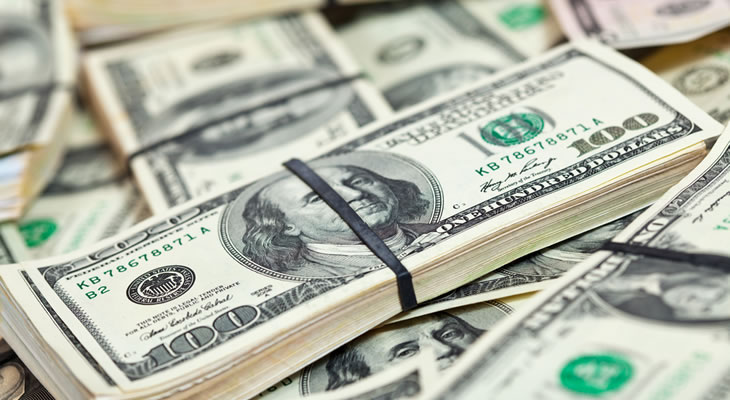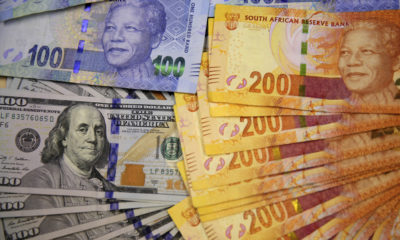In a significant development for Nigeria’s corporate landscape, several major companies have begun to settle their long-standing dollar debts following the Central Bank of Nigeria’s (CBN) recent reforms that bolstered dollar supply.
The reforms have provided much-needed relief to businesses grappling with forex scarcity and overdue obligations.
Among the notable firms taking advantage of the improved forex liquidity are MTN Nigeria Communications Plc, BUA Foods Plc, and Cadbury Schweppes Overseas Ltd.’s Nigeria unit.
These companies, some of the largest players in Africa’s most populous nation, have reported that they are now able to access dollars to meet their foreign currency obligations, marking a stark reversal from previous struggles with forex shortages.
MTN Nigeria, the country’s leading mobile operator, disclosed that it utilized the enhanced liquidity in the forex market to significantly reduce its letters of credit obligations by 41.6%, slashing it down to $243.4 million from $416.6 million in December.
Chief Financial Officer Modupe Kadiri emphasized this move as a strategic measure to mitigate losses during an investor conference call last week.
The Central Bank of Nigeria’s reform measures, implemented since the beginning of the year, have been instrumental in driving this positive change. These measures include raising the benchmark interest rate by 600 basis points to attract capital inflows and abandoning the currency’s peg, allowing the market to determine the exchange rate of the naira.
After years of unconventional currency management that deterred investors and exacerbated forex scarcity, these reforms have injected new life into Nigeria’s forex market.
According to Tatonga Rusike, a sub-Saharan Africa economist at Bank of America Corp., portfolio flows have responded positively to the reforms, leading to a substantial increase in average daily forex turnover, which has more than doubled from 2023 lows.
Recent data from Chapel Hill Denham indicates a remarkable surge in dollar liquidity, with a 90% jump to $160.8 million on Tuesday compared to the previous day.
Also, the central bank’s proactive approach, including selling dollars to money traders to enhance distribution to retail users, has further contributed to the improved forex liquidity environment.
The positive impact of increased dollar liquidity is evident across various sectors of the Nigerian economy.
BUA Foods, the country’s largest food and beverage company, reported a 6% reduction in debts during the first quarter of this year, attributed to improved dollar availability.
Similarly, Cadbury Nigeria has been able to fulfill all its dollar requirements from the official market since the beginning of the year, leading to a drop in local-currency cash reserves.
Economists and industry experts view the enhanced forex liquidity as a welcome development that provides companies with a much-needed reprieve to settle debts and navigate the effects of currency devaluation.
Adetilewa Adebajo, economist and chief executive at Lagos-based CFG Advisory, emphasized the importance of sustaining liquidity to support the turnaround desired by companies.
He stressed the need for positive real rates, matching interest rates with inflation, and fiscal responsibility to ensure continued economic stability and growth.
As Nigerian companies take advantage of improved forex liquidity to address long-standing financial challenges, the success of the central bank’s reforms will be closely monitored, with hopes for sustained liquidity and economic recovery in the months ahead.

 Billionaire Watch3 weeks ago
Billionaire Watch3 weeks ago
 Startups4 weeks ago
Startups4 weeks ago
 News4 weeks ago
News4 weeks ago
 News4 weeks ago
News4 weeks ago
 Bitcoin4 weeks ago
Bitcoin4 weeks ago
 Naira4 weeks ago
Naira4 weeks ago
 Forex3 weeks ago
Forex3 weeks ago
 Treasury Bills4 weeks ago
Treasury Bills4 weeks ago




















